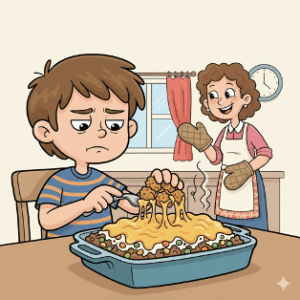Changing Two Words
Clare Landrigan and Tammy Mulligan
Teachers can position children as competitors or collaborators, and themselves as referees, resources, or judges, or in many other arrangements. A teacher's choice of words, phrases, metaphors, and interaction sequences invokes and assumes these and other ways of being a self and of being together in the classroom.
Peter Johnston in Choice Words
We think the words we choose are critical to creating a collaborative learning culture with students and colleagues. As coaches, we are always mindful of the words we choose and how they affect our colleagues. We find that how we say something is often more important than what we say. Here are two word choices that set us up to be collaborators rather than judges:
"We" Versus "I"
“I” and “me” statements are encouraged in consultation conversations. They are useful in certain situations to take ownership for our perspectives, feelings, or reflections. At other times, we find it more helpful to use “we” or “us” statements. When we use the collective “we” in reflections, planning, or feedback sessions, we are including ourselves in the conversation. The ideas discussed become valuable feedback for all teachers, not just one teacher. It sets a tone that each of us is learning and growing. When we include ourselves in the conversation, we model that we are all in this together and create a disposition of lifelong learning and striving toward mastery.
"And" Versus "But"
When as coaches, we share our observations of students and instruction, we can fall into the trap of being negative even when we mean to be positive. When we notice and name what we observe happening and follow it with the word “but,” it negates the recognition of the progress that has been made. When we follow that same information with the word “and,” it first recognizes and celebrates progress that has been made before we shift to next steps. The word “and” connects or includes the first part of the sentence rather than negating it in favor of the second part of the sentence. We find when we use “and” instead of “but,” it has a positive effect on the conversation and leads to a more collaborative, learning stance.
These changes may seem small, but our choice of words has made a huge difference in the culture we create for professional learning.
|



No comments:
Post a Comment